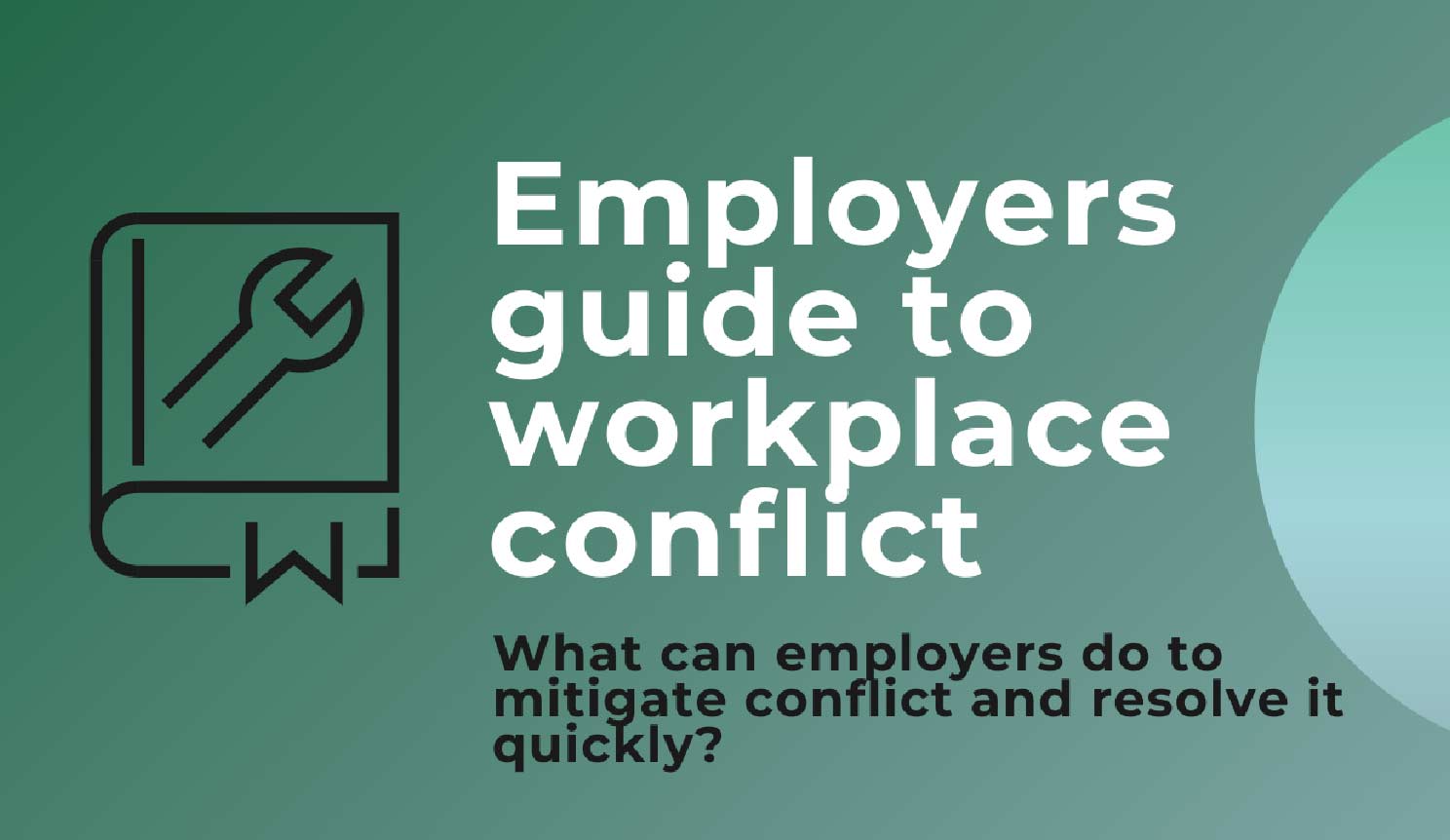ACAS has recently estimated that workplace conflict costs UK employers £28.5 billion per year – as much as £1,000 per employee.
With Covid-19 lockdown gradually easing across the country, and with employees returning to working face-to-face with their colleagues, it is important now more than ever for UK businesses to be aware of workplace conflict and manage it in a productive and effective way.
The ACAS report estimates the average cost of £1000 per employee by including informal and formal conflict (such as disciplinary procedures) as well as legal processes and the cost of sickness and resignations. It further estimates that 485,800 employees resign each year as a result of conflict and the cost of recruiting replacement employees amounts to £2.6 billion each year but the real cost in terms of loss of output and time spent re-training is £12.2 billion.
It’s certainly worth holding on to your staff and resolving conflict when it arises! Fortunately for employers, ACAS estimates that only 5% of employees who experience conflict actually resign. If conflict is managed properly and resolved efficiently, most employees remain loyal to their employer.
What can employers do to mitigate conflict and resolve it quickly?
- Deal with issues as soon as they arise.
Whether it be absence management, long-term sick or an argument between employees. We recommend that all issues are dealt with rather than swept under the carpet. In our experience, failing to deal with issues at the outset often makes for more convoluted queries in the future and higher use of management time.
- Keep communication channels open.
Employees who feel free to speak up will often choose to air concerns informally rather than submit a formal grievance. An informal concern can be considered and dealt with much more quickly than a formal grievance. By the same token, communicating your expectations clearly to staff can often avoid them feeling confused, low or unappreciated and therefore causing conflict.
- Ensure that managers are well trained.
A well-trained management team saves time and money! Managers who understand their responsibilities and have a good rapport with their team are often rewarded with harder working staff and less conflict. When conflict does arise, they deal with issues and prevent them from spiralling into more trouble. Staff who respect their managers are well trained and well looked after statistically cause less conflict at work.
- Seek advice.
There is no harm in seeking advice at an early stage or for an issue as simple as a disciplinary hearing. Business owners and senior managers tend to know when a situation is about to “turn legal” but HR headaches can also warrant taking advice. Business owners who take advice at an early stage may find that there are quicker options and other possibilities open to them to avoid spending long hours and huge amounts of time or money dealing with conflict.
We’re not blowing our own trumpet – we really do save businesses time and money! Dealing with employee conflict is our bread and butter. We offer 24/7, 365 guidance providing stress-free, pragmatic solutions to your problems. Our mission is to help you concentrate on what you do best – running your business. Protecting your business will always be our main priority.




